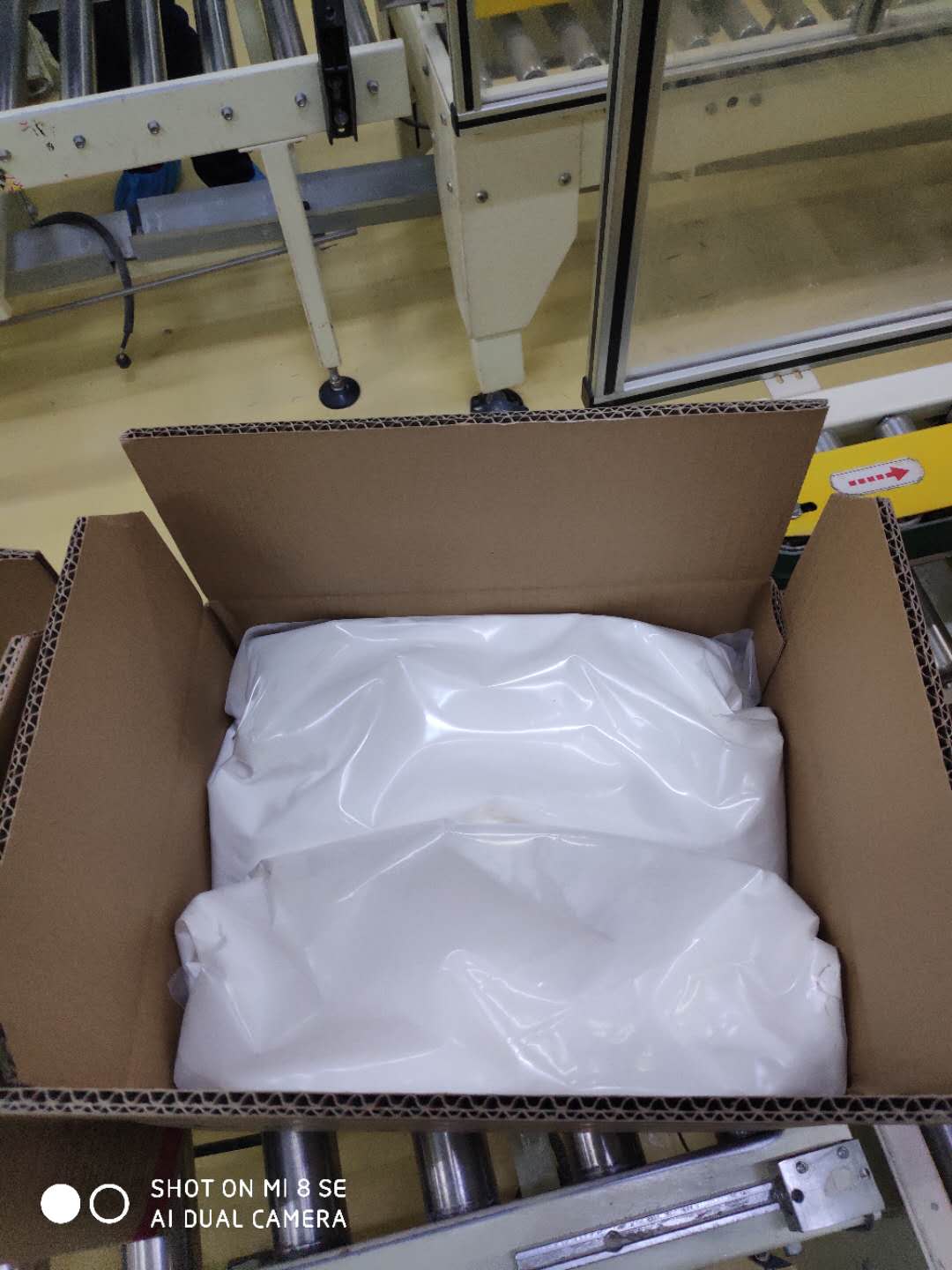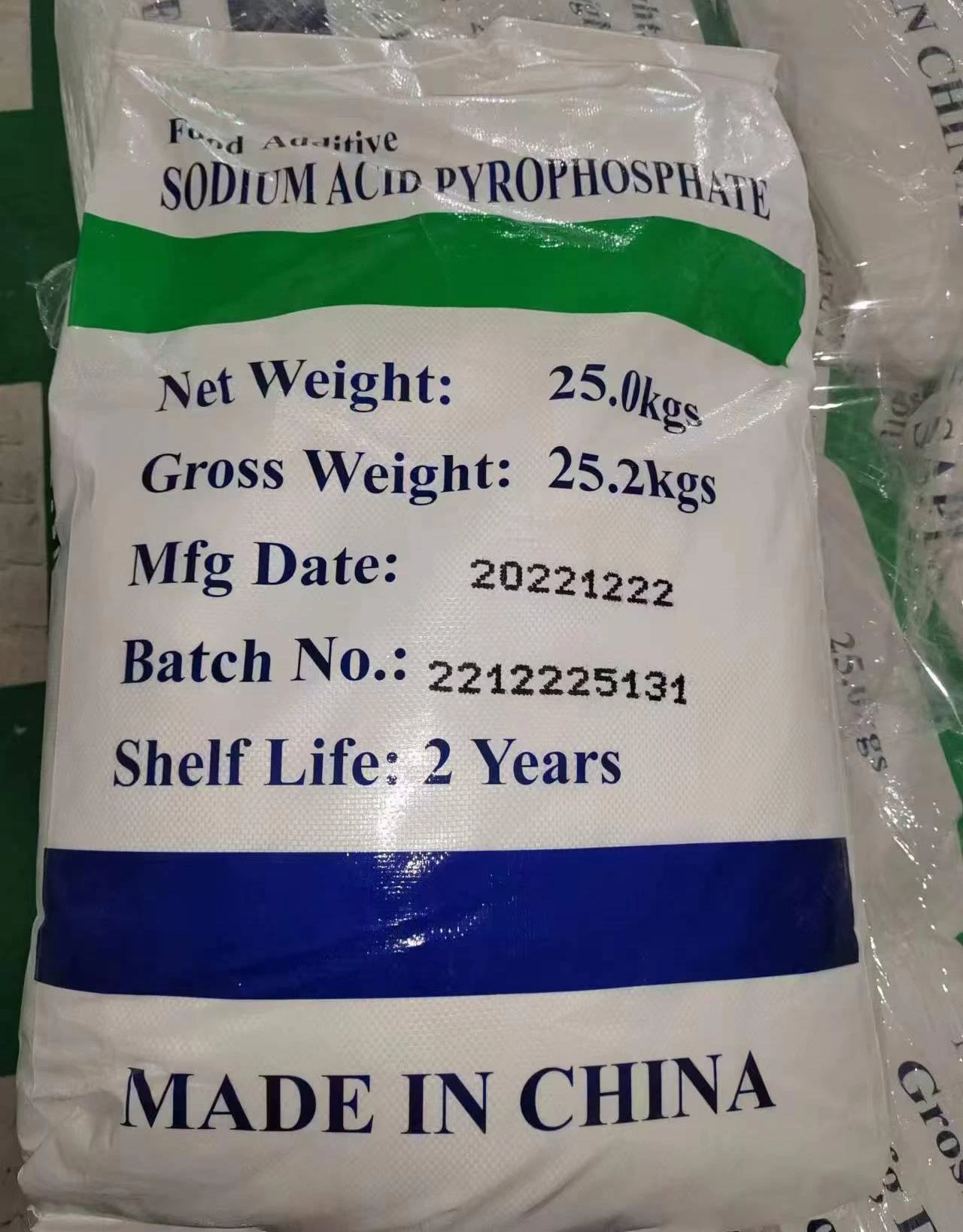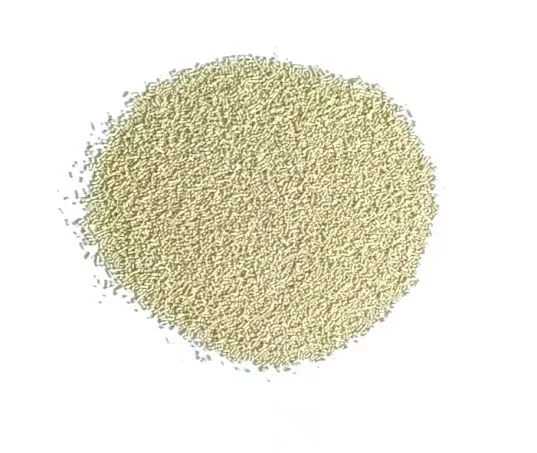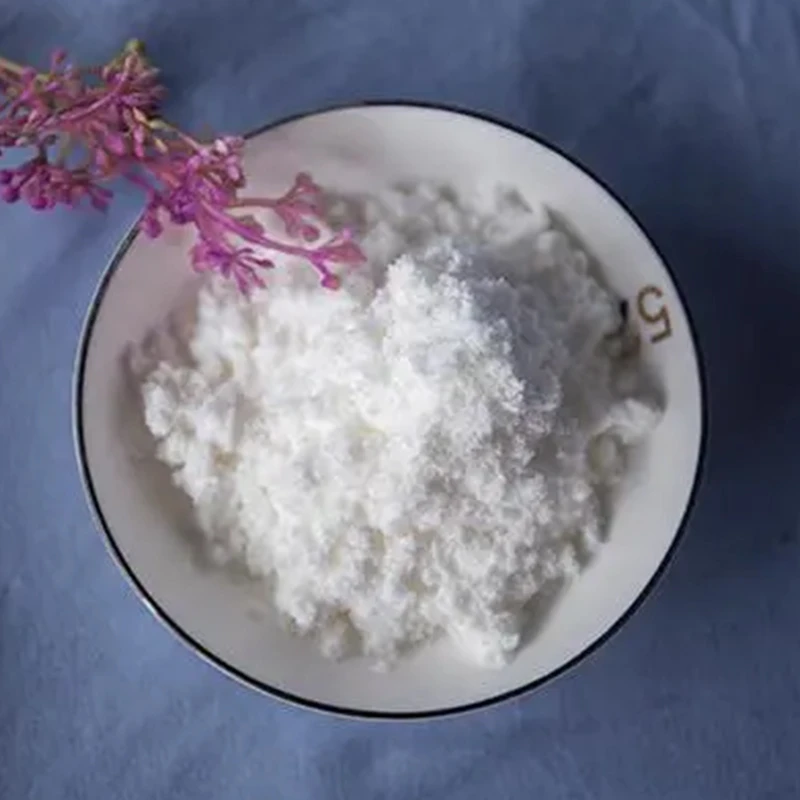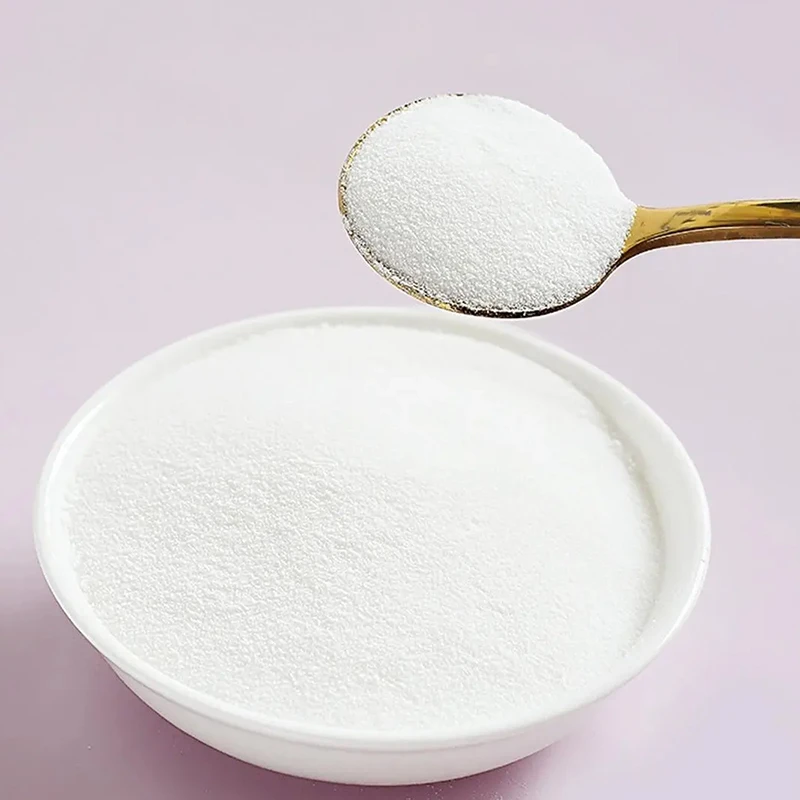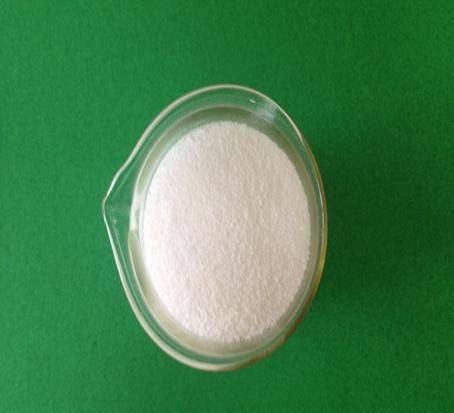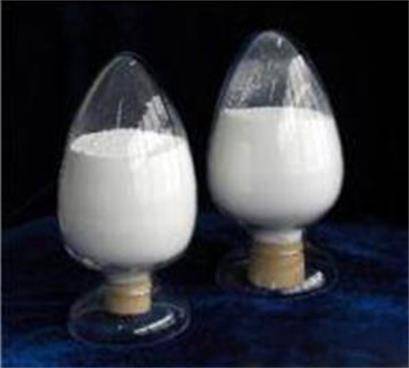- Understanding Inulin and Its Role in Modern Diets
- Technical Advantages of Inulin in Food Innovation
- Comparing Top Inulin Fiber Product Manufacturers
- Custom Solutions for Diverse Industry Needs
- Case Studies: Successful Applications of Inulin Products
- Consumer Trends Driving Inulin Demand
- Future Outlook for Inulin-Enhanced Products
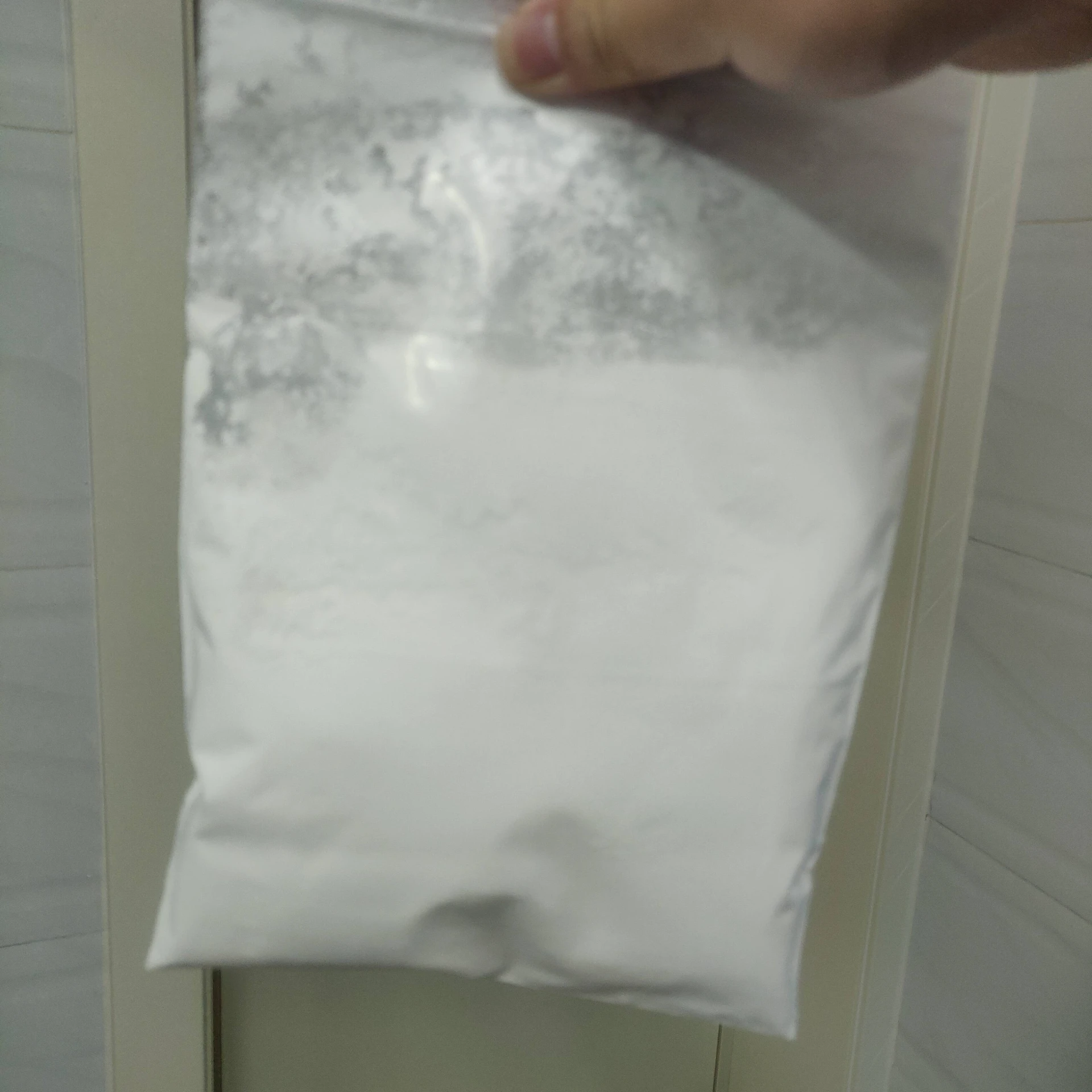
(inulin products)
Understanding Inulin and Its Role in Modern Diets
Inulin, a naturally occurring soluble fiber, has become a cornerstone ingredient in functional food development. Found in over 36,000 plant species including chicory root and agave, this prebiotic compound supports gut health while serving as a sugar and fat replacer. Global market projections estimate a 6.8% CAGR growth for inulin products
between 2023-2030, driven by rising consumer awareness of digestive wellness.
Technical Advantages of Inulin in Food Innovation
Manufacturers favor inulin for its unique technical profile:
- Calorie reduction (1.5 kcal/g vs sucrose's 4 kcal/g)
- Improved texture stability in 89% of dairy applications
- Enhanced mineral absorption rates (20% calcium bioavailability increase)
Recent clinical studies demonstrate regular consumption of inulin fiber products increases bifidobacteria levels by 3-4 log units within 4 weeks.
Comparing Top Inulin Fiber Product Manufacturers
| Manufacturer | Product Line | Fiber Content | Certifications |
|---|---|---|---|
| Beneo GmbH | Orafti® | 90-99% | Non-GMO, Organic |
| Sensus | Frutafit® | 85-95% | GRAS, Halal |
| Cargill | Oliggo-Fiber™ | 88-92% | Kosher, Vegan |
Custom Solutions for Diverse Industry Needs
Leading suppliers now offer tailored inulin products with varying chain lengths (DP 2-60) to meet specific application requirements:
- Bakery: Short-chain variants (DP 10-12) for moisture retention
- Beverages: Instant-dissolving powders (particle size <200μm)
- Supplements: High-purity (>98%) organic-certified options
Case Studies: Successful Applications of Inulin Products
A European dairy brand achieved 23% sales growth by replacing 30% of fat content with inulin in probiotic yogurts. In North America, a snack manufacturer reduced sugar content by 40% using inulin fiber products while maintaining taste profiles.
Consumer Trends Driving Inulin Demand
Market analysis reveals 68% of consumers actively seek "prebiotic" claims on packaging. The clean-label movement has increased demand for plant-sourced inulin in food products by 42% since 2020, particularly in organic and non-GMO categories.
Future Outlook for Inulin-Enhanced Products
With 74% of food manufacturers planning to expand functional ingredient portfolios, inulin products are poised for 15% annual market expansion through 2027. Emerging applications include plant-based meat analogs and low-glycemic index snacks, where inulin's binding properties and health benefits offer dual functionality.
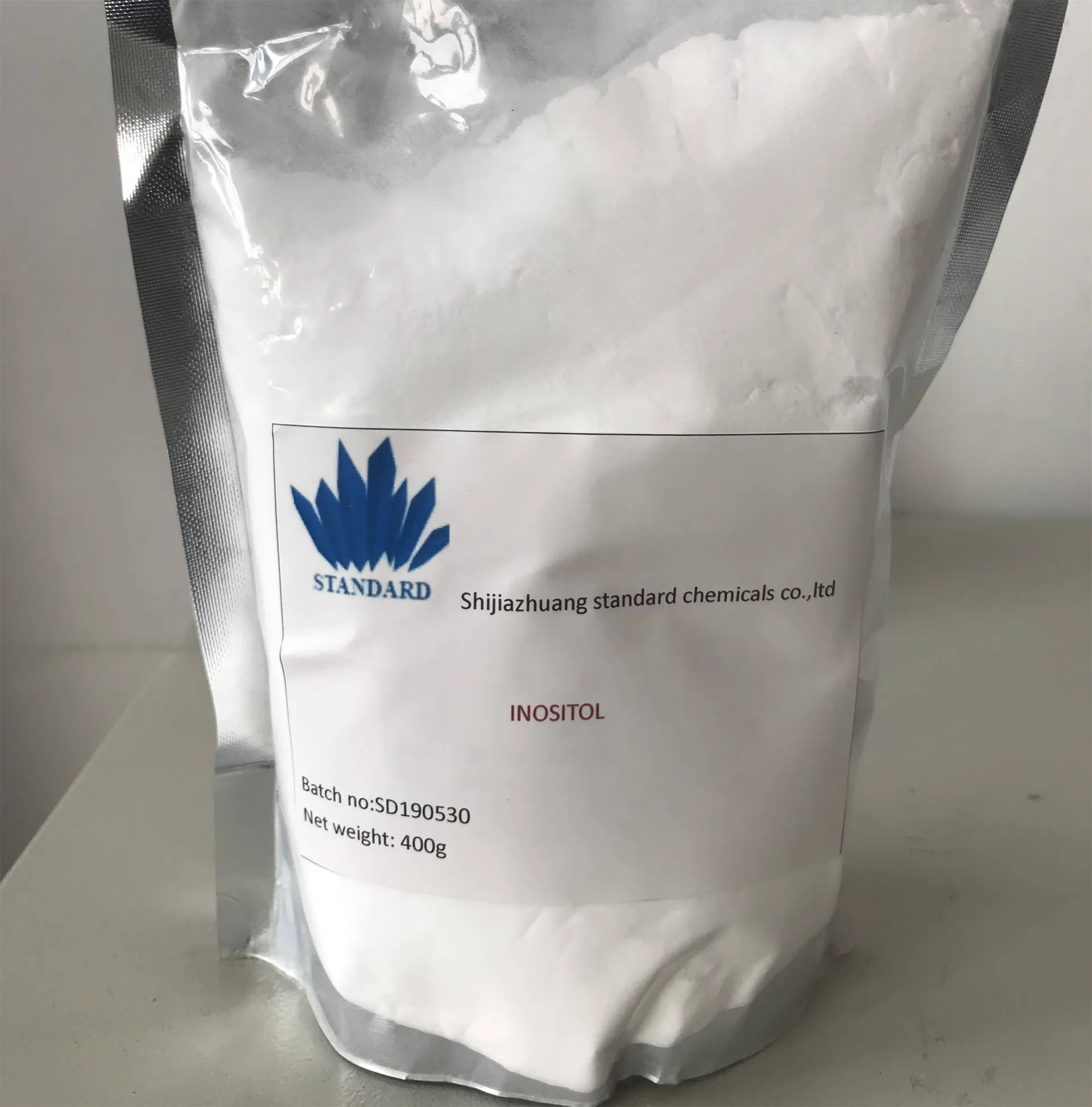
(inulin products)
FAQS on inulin products
Q: What are common uses of inulin in food products?
A: Inulin is often added to food products as a prebiotic fiber, sugar substitute, or fat replacer. It enhances texture and boosts fiber content in items like yogurt, protein bars, and baked goods. Its mild sweetness makes it ideal for low-calorie recipes.
Q: Are inulin products safe for daily consumption?
A: Yes, inulin products are generally safe when consumed in moderation (up to 10-20g per day). Overconsumption may cause bloating or digestive discomfort in sensitive individuals. Always check product labels for recommended serving sizes.
Q: How does inulin fiber benefit gut health?
A: Inulin fiber acts as a prebiotic, promoting the growth of beneficial gut bacteria. This supports digestion, nutrient absorption, and immune function. Studies also link it to reduced inflammation and improved bowel regularity.
Q: Which food categories often include inulin products?
A: Inulin is commonly found in dairy alternatives, cereals, beverages, and snack bars. It’s also used in gluten-free products and supplements for its fiber content. Plant-based foods like chicory root and garlic are natural sources.
Q: Can inulin products replace high-fiber foods entirely?
A: No—inulin supplements should complement, not replace, whole high-fiber foods like fruits and vegetables. While effective for boosting fiber intake, a balanced diet ensures diverse nutrients. Consult a nutritionist for personalized advice.
Post time: Apr - 26 - 2025





